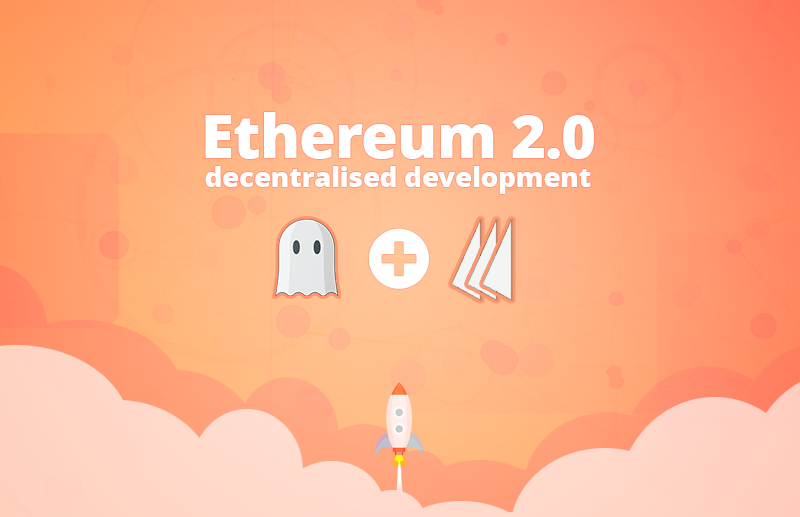Launch of Ethereum 2.0 is scheduled for January 3, 2020 - the 11th anniversary of Bitcoin
The zero phase of Ethereum 2.0, which activates the transition to the Proof of Stake (PoS) consensus, should start on January 3, 2020.
Ethereum 2.0 researcher Justin Drake noted that this date was chosen specifically to mark the eleventh birthday of Bitcoin, from which the history of the cryptocurrency industry began. He said that on June 30, in about two weeks, the developers would be ready to accept the final version of the zero-phase specification.
Before launching in January, developers need to go through two more milestones. First, the deposit contract must be run in front of the zero block so that validators can make deposits. The researchers hope that at least 2 million ETH will be deposited, and a deposit ceremony will be held at Devcon in Japan, “so that we can all agree on the address of the deposit contract and avoid fraudulent contracts,” said Drake.
The second stage is the launch of the zero block on Bitcoin's birthday. According to Drake, this will allow to accumulate deposits for three months and will give developers 7 months from today, so that at least two customers are fully ready to work. The founder of Ethereum, Vitalik Buterin, explained that the launch will take place in the same way as Ethereum 1.0 was deployed. Long-term testing, security audit, limit value analysis and the absence of errors for a sufficient time.
The current status of at least three Ethereum 2.0 clients is a running test network, but only with the same client nodes. The next stage is a cross-client test network. Jonny Rhea, developer of Ethereum at PegaSys, said that ConsenSys founder Joseph Lubin offered a multi-user test network reward to test consensus.
All this suggests that Ethereum 2.0 is approaching the final stage of launch, and the process, hopefully, will start on Devcon from October 8 to 10. The conference should begin the implementation of the Proof of Stake (PoS) part, which is limited to making a deposit and checking to ensure compliance with the rules. Initially, as far as is known, only one-way deposit will be possible.
The first phase is intermediate. This is a data sharding or storage that can increase throughput, but full sharding will not be implemented until the second stage, which will begin in about two years.
What happens with Ethereum 1.0 seems to be still the subject of discussion. The initial proposal was to collapse it into a smart contract and turn it into a kind of data segment. However, according to Drake, it will be necessary to apply "significant engineering and management efforts" to solve this problem. He notes:
“Internal integration should be compared with much cheaper mid-term alternatives. For example, two-way communication between Eth1 and Eth2 can be created using light clients. ”
Another issue that is widely discussed by the members of the Ethereum community, and not by the developers, is whether one ETH1 will be equal to one ETH2 if there is no such two-way communication. Obviously, with two-way communication, you can arbitrate, but if you cannot turn ETH 2 into ETH 1, then you probably cannot arbitrate. In this case, the market can give them different prices for any reason.
What also remains unclear is what changes will occur in the amount of remuneration for the Proof of Work (PoW) block. The “Bomb of complexity” should again be felt by the time of the planned launch of the zero block, therefore some changes in ETH1 clients will be required.
Previously it was assumed that the reward for PoW will be reduced to 0.6 ETH, while the PoS validators will receive 0.22 ETH per unit. However, this is still not known. Nevertheless, it is quite clear that the biggest changes in the history of public blockchains will soon occur with Ethereum. In May, Joseph Lubin announced that, thanks to Ethereum 2.0, Ethereum’s scalability would grow 1000 times.
Source
